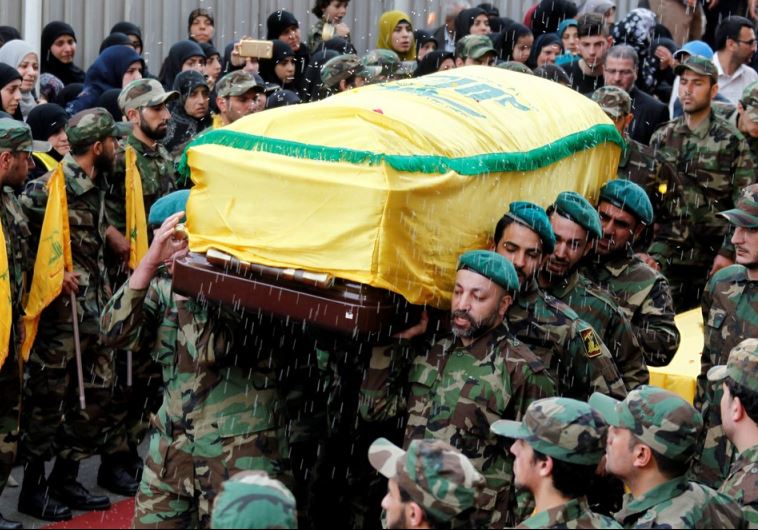Analysis: Israel had no hand in Hezbollah commander's death
If past cases are anything to go by, Hezbollah is doing everything it can to avoid a direct conflict with Israel.
 Rice is thrown as Hezbollah members carry the coffin of top Hezbollah commander Mustafa BadreddineUpdated:
Rice is thrown as Hezbollah members carry the coffin of top Hezbollah commander Mustafa BadreddineUpdated: